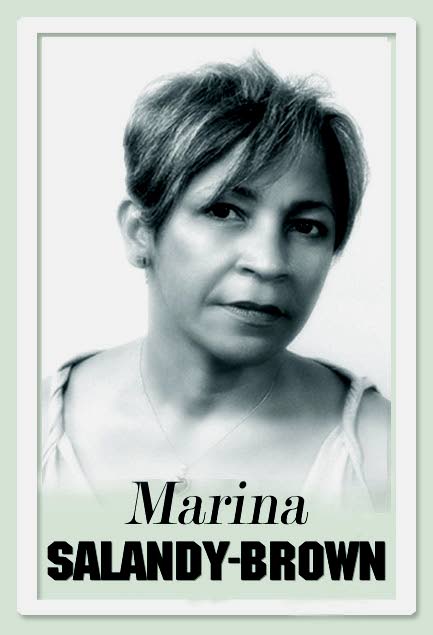Columbus – 2020 antihero

The history books teach that Christopher Columbus, the Italian naval explorer who sailed across the Atlantic in 1492 while looking for a route to India, stumbling instead onto the western hemisphere, was a hero for opening up the New World to European exploitation. The move now is to topple him from his very tall pedestal.
Columbus enjoyed a long reign as the most famous and historically treasured sea captain in the world. In maritime world history, few can challenge his supremacy. Yet, I feel sure that if there were an official international poll as to how many people knew who Columbus, Bob Marley, Michael Jackson or Muhammad Ali were, that Columbus would not come out on top. I have not randomly chosen those three black men with whom he might be in competition. Over the years when I travelled widely, I consistently sought the answer to the puzzling question of what is “American culture?” in the minds of ordinary people. I learned that Ali and Jackson were the US’s biggest cultural exports. Interestingly, a long list of US celebrities, influential political, religious and cultural leaders, known to us in our region and western Europe, were often unknown in Asia, the Orient, Africa or the Arab world, and even wider Europe. It’s an aside, but Bob Marley emerged as the most culturally recognised and popular person of all time, recognised everywhere because his music resonated so widely and deeply. It is a curiosity that the US, generally, disparages its people of African origin, yet when one speaks of American culture, a lot of what those very people have produced gives the US cultural recognition abroad.
Hollywood and its stars of all colours may be famous internationally, but it is music, black music, that is the US’s greatest cultural export and the most famous of all her musicians was, and probably still is, Michael Jackson.
There is a certain irony in a randomly murdered black man coming to symbolise all that Columbus now represents for so many; namely, the man who began the destruction of civilisations of New World peoples and their enslavement, eventually growing into what was to become the Atlantic slave trade, the most shameful 300-400 years of human history.
Columbus statues are coming down everywhere, not just in the US, and those, too, of men made rich by the infamous trade and who were vital to the creation of the unjust world in which we now live.
The debate over the rights or wrongs of the continued public heralding of those men is heated and also skewed by the absence of statues and other evidence of those who opposed those now unpopular heroes. History, we know, is written by the victors and we are reminded of their achievements by public emblems, but if for each Columbus statue another existed of the many heroic indigenous leaders who took him and other adventurers on, we would probably not have the crisis we do now. What are a people without a past? And we cannot change the fact that Columbus landed here and named this country but we can change our memory of it by developing the counter narratives from which to assess our history, which is still unfolding.
Taking down the statue in Tamarind Square does not alter the facts and, perhaps, it removes any casual opportunity to tell the epic story of how the western world developed. We know that Columbus was a man of his time and belonged to an age with different priorities, values and beliefs, yet the symbolism of the conqueror’s veneration sticks in the craw of our continuing aspirations for the future.
It is worth, at this time, considering the extent of the retelling of the past that is desirable or sensible.
The nomenclature is as important as the symbols. Take the words “America” and “American.” I try never to use them to describe the country or the citizens of the US because we are all Americans. We live in the Americas, named after the other Italian explorer Amerigo Vespucci who realised that his contemporary had landed on a separate continent, yet, upon independence in 1776, thirteen states of the northern continent appropriated the name, casting off “The United Colonies.” To me, “The USA” expresses the will to dominate the entire region, as has happened for centuries. We cannot rename the US and we cannot tear up the dollar bill and stop trading with our big brother neighbour, but we can keep our distance and see the unequal relationship for what it is. It’s also worth considering what would we be taking down if instead of the USA we had the United States of Columbus.
The wilful, one-sided writing of colonial history is a big problem we face. I believe people know too little of their whole history. We need to put that right.

Comments
"Columbus – 2020 antihero"